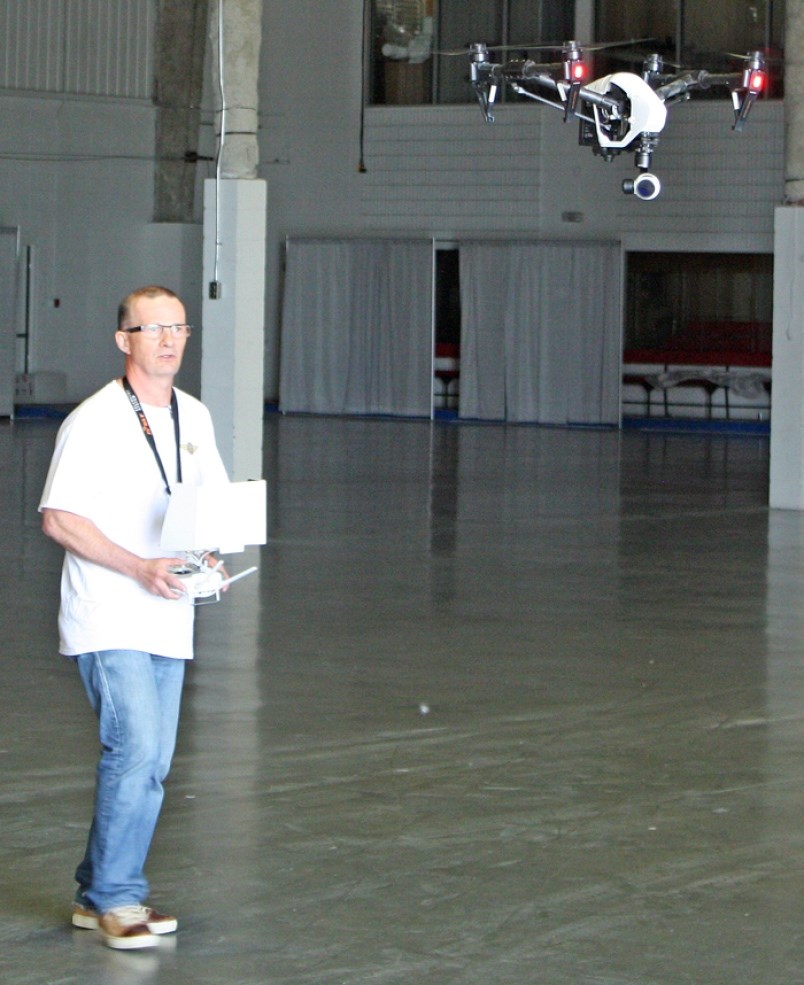New regulations will come into effect June 1, 2019 for drone flyers. These regulations are more strict with harsher penalties than the current legislation.
All drones, for example, must now be registered. All pilots must have a valid drone pilot certificate, and may not operate the aircraft under the influence of alcohol or drugs. Pilots must also wait 12 hours between consumption of alcohol or drugs before engaging on any drone flight crew.
Violations will now fall more directly under the Criminal Code of Canada.
Transport Minister Marc Garneau addressed the new changes to the regulations in a conference on Wednesday.
“The government is resolved to improve the security of aviation and of the public,” Garneau said.
Drone operators must be at least 14 years of age, and in cases where the drone is not in the pilot’s direct line of sight, a special operations certificate is now required.
Additionally, drone pilots are now prohibited from flying over any area where law enforcement or any other government regulatory agencies have set up a security perimeter.
If frost or ice is on the drone, it may not fly, even if functional.
The penalties are also stiff. For individuals, expect a fine of $1,000 for flying without a drone pilot certificate, if your drone is not registered or marked, or flying in restricted airspace. The fines jump to $3,000 if you put aircraft or people at risk.
Corporations face stiffer penalties, with a $15,000 fine for putting aircraft or people at risk, and $5 000 for the other offenses instead of $1,000.



